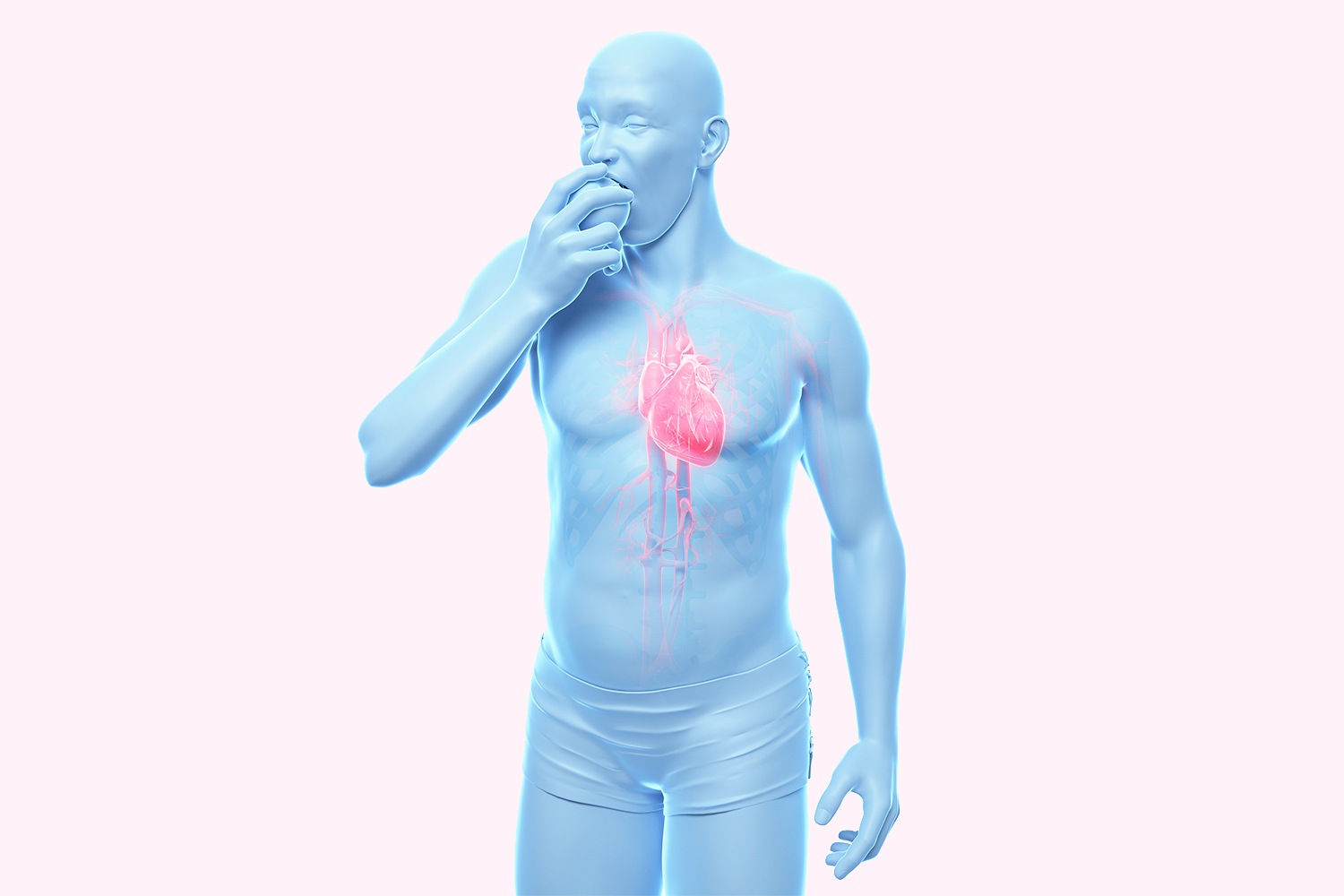
Used to be that doctors could plausibly claim ignorance and indulge in bad habits with a clean conscience. My grandfather would smoke a pipe while seeing patients – and he was a paediatrician. Now, however, my colleagues and I can’t ignore the evidence that good habits help keep us from ending up in the same worrisome place as our patients. So we do the usual – eat whole foods, emphasise vegetables, exercise daily and try to get enough sleep. But as millennials, we go a little further.
Here’s what else I do.
1 Count Beats, not Steps
Though most of the world fixates on step counts, my cardiologist friends and I know that heart fitness really benefits from getting our pulses pounding. You should exercise hard at least 75 minutes a week.
During medical training, we’d compete to see who could survive longest on the treadmill stress test. (I still track my performance – 14 minutes!) If your endurance drops, you may need to increase your aerobic exercise.
2. Aim for balance
Nearly half of doctors have at least one symptom of burnout, and depression in the Western world is widespread. Both increase the risk of heart disease. I
n response, many young physicians are prioritising work-life balance. It’s not always possible to detach from your job, but take every opportunity to try. Spend time with friends and family, and commit to not checking your phone when you’re with them. As I’m often reminded at the hospital, none of us knows how much time we have left.
3. Ask your GP about statins for risk reduction
Doctors prescribe statins when your LDL cholesterol is over 4.9mmol/L, since that level greatly raises your risk of a heart attack or stroke.
You’ll also get a prescription if you’re older than 40 and have either diabetes or a 10-year risk of cardiovascular disease at or above 7.5 per cent. But many of my colleagues self-prescribe statins even if they don’t strictly meet the usual criteria, since the benefits are so large and the side effects fairly uncommon.
4. Don’t be lured in by fad diets
If you’re prepared to do keto or paleo indefinitely, go for it. But incremental changes are more likely to be sustainable.
My own diet overhaul started when I jettisoned soft drinks for carbonated water. Once
I did that, I was ready to ditch red meat and ultra-processed foods. I’m now mostly
vegetarian, avoiding indiscriminate meat intake.















